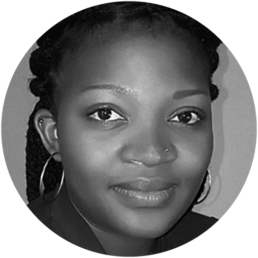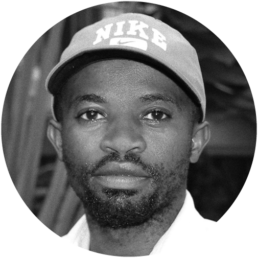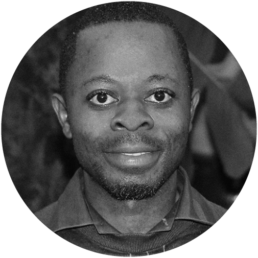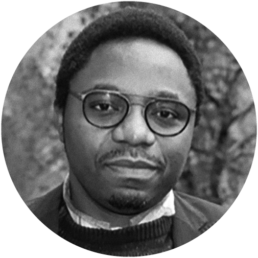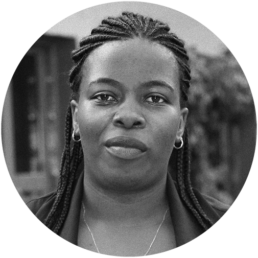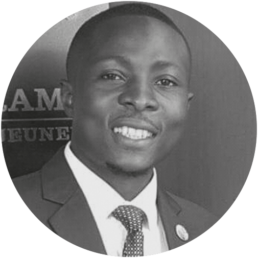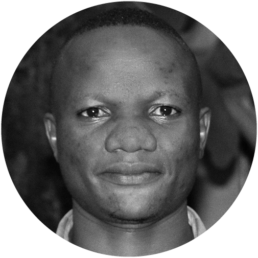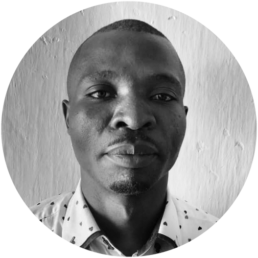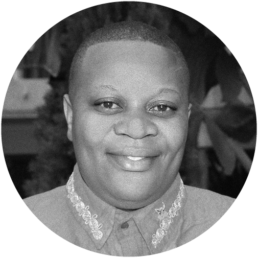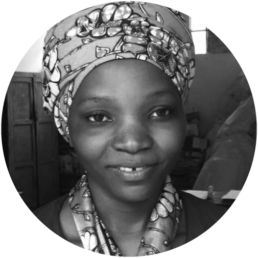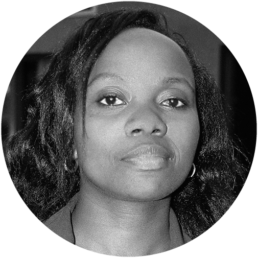
“A (non-academic) collaborator living in Canada – and, what’s more, a member of my own ethnic community – was the first to attack me. He circulated a message on social media questioning my findings. But beyond simply challenging my research, he called on armed groups to kill me.”
Bosco Muchukiwa, “Surviving Intimidation: When having your research challenged upends your life as researcher”

“Research contracts rarely include any sort of clause about researchers’ physical safety – much less, their mental well-being. Responsibility for these aspects of the work falls entirely to individual researchers themselves.”
Élisée Cirhuza, Irène Bahati, Thamani Précieux Mwaka and An Ansoms, “Work Without Pay? A critical look at the contracts and lived experiences of local researchers in the DRC”

